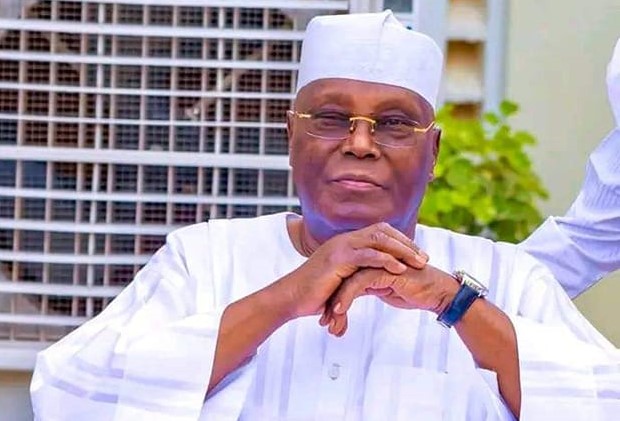As frustration mounts following Nigeria’s continued electricity crisis, which has left millions of citizens, especially in the Southeast, Northwest, and Northeast, in complete blackout for the past three weeks, former Vice President Atiku Abubakar has urged the government to decentralize power generation and distribution, and enable states to take charge of their energy needs.
Twitting on X handle @atiku on Saturday, Atiku highlighted the need for swift government intervention to restore electricity in the affected zones.
He emphasized that localized control over power would prevent states from being affected by industrial disputes or policy delays at the federal level.
“An industrial dispute with the Federal Government in the nation’s capital should not affect industrial activities in any of the states or cities of the country,” he stated.
Atiku referenced his policy document, My Covenant with Nigerians, outlining his proposal to shift Nigeria’s electricity management from an exclusively federal mandate to a more decentralized model.
According to him, the move would unlock a state-led energy framework, spurring investments and competition among states to meet their unique energy demands.
Under his plan, states would have the authority to generate, transmit, and distribute power, potentially reducing blackouts by focusing on region-specific renewable and non-renewable energy sources.
“Our strategy should be a viable mix of renewable sources—such as hydro, solar, wind, and biofuels—and non-renewable sources like coal and gas,” he explained.
Atiku also suggested promoting private investment to develop mini-grid transmission systems, which would connect to a super-grid in the long term, strengthening Nigeria’s power supply infrastructure.
As energy remains critical to Nigeria’s economic growth, Atiku’s approach emphasizes both immediate relief and sustainable solutions to address the nation’s longstanding electricity challenges.


